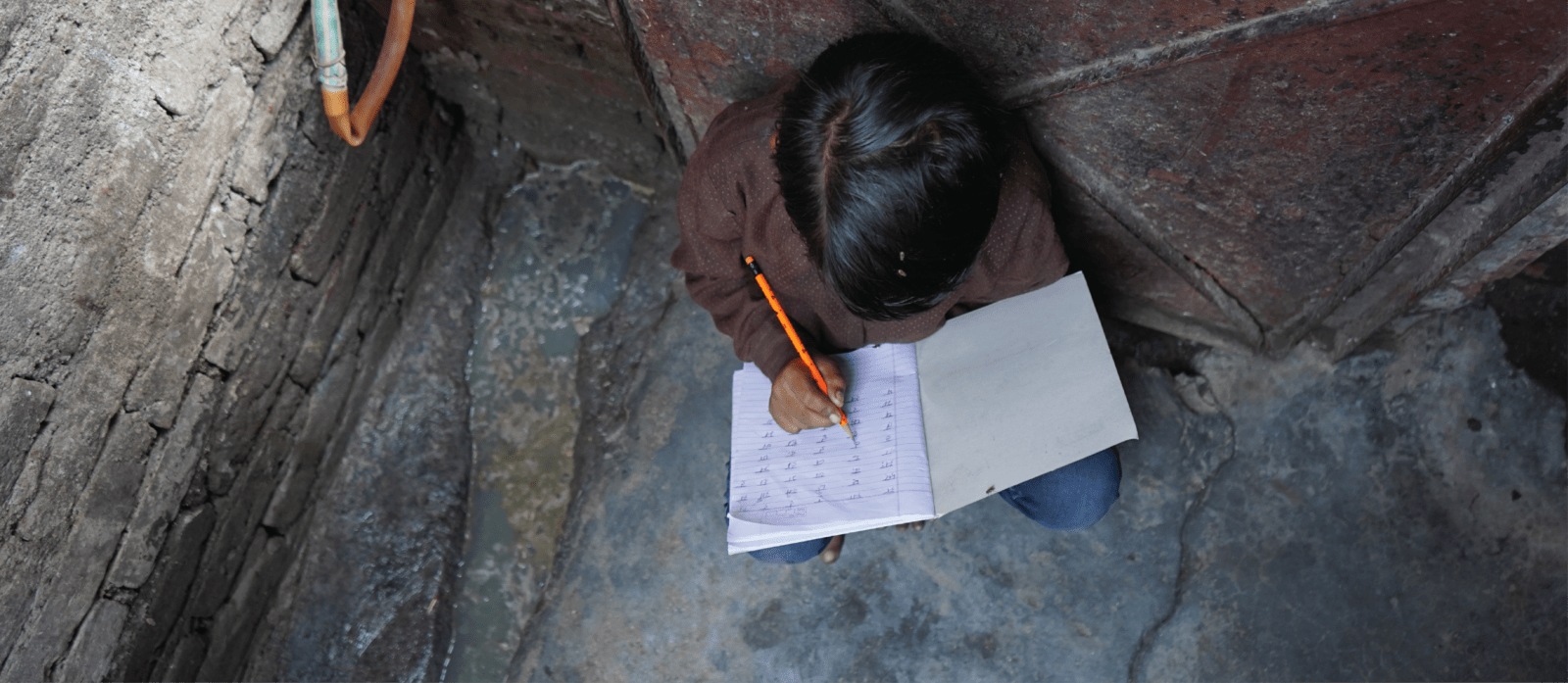The Individual Care Plan (ICP) is a crucial document in the world of child rights and protection. It is prepared and implemented when a child identified to be in need of care and protection is enrolled in a childcare institute. At Railway Children India (RCI), this child-centric document is key to a child’s holistic development. Soon after RCI rescues a child, assesses his/her vulnerabilities, and receives direction from the Child Welfare Committee, it sets to prepare the ICP for the child. Comprising several factors that span a child’s intellectual, emotional and physical needs, the ICP sets the course for the child’s development. Meriting a deep dive, the many intricacies of the ICP are broken down in FAQs below—a quick, yet comprehensive know-how for all.
1. What is an Individual Care Plan?
An Individual Care Plan is a comprehensive and personalized development plan prepared for a child who comes in contact with the Juvenile Justice System.
2. Who will benefit from a sound ICP?
Both, children in conflict with law and children in need of care and protection are beneficiaries of a sound ICP that aims to
a. respond to a child’s individual needs
- focus on the child’s holistic development
- restore the child’s self-esteem, dignity, and self-worth
- and nurture the child into a responsible citizen.
3. How is a personalized ICP prepared?
To cater to the child’s personalized development needs, the ICP takes into account several key factors such as the child’s age, gender, case history, nutritional needs, emotional and psychological needs, educational and training needs, leisure and recreational needs, safety and security needs, restoration, social mainstreaming and independent living skills.
Furthermore, an ICP is always developed in consultation with the child and family of the child concerned.
4. Who develops an ICP?
As per the Maharashtra State Juvenile Justice (Care and Protection of Children) Rules, 2018, a probation officer, child welfare officer/case worker of the institution, social worker of the institution or a recognized voluntary or non-governmental organization can develop an ICP, only under the directions of the Child Welfare Committee.
5. How does an ICP help a child?
The ICP serves as an important document that keeps the care and development of the child as the central goal. In doing so, it details the unique background and situations of every child. Made with the consultations of the parents, guardians, and most importantly the child, the ICP guides the network of agencies that work towards the protection and development of the child. In more ways than one, the ICP becomes the child’s biggest advocate.
6. When is the ICP prepared?
The preparation of the ICP commences at the end of the first 14 days after the child enters a care institution; however, the child’s rehabilitation commences the moment a child is rescued. To begin with, a Rehabilitation card is issued to the child, followed by medical checks and psychological counselling.
The ICP is a dynamic, evolving document. It is reviewed every fortnight during the first three months and once a month after the first three months.
7. What roles does the ICP play post-release of the child?
Even once the child is deemed fit to be released from the care institution, the ICP continues to play a guiding role in the way ahead. Right from the pre-release stage to the follow-up stage, the ICP is continually updated with the relevant information received from the child, parents, guardians and authorities of the institution/agency. As a part of the after care too, if the child is assessed to be in need of special care, the ICP needs to be updated in accordance for agencies to facilitate that.





